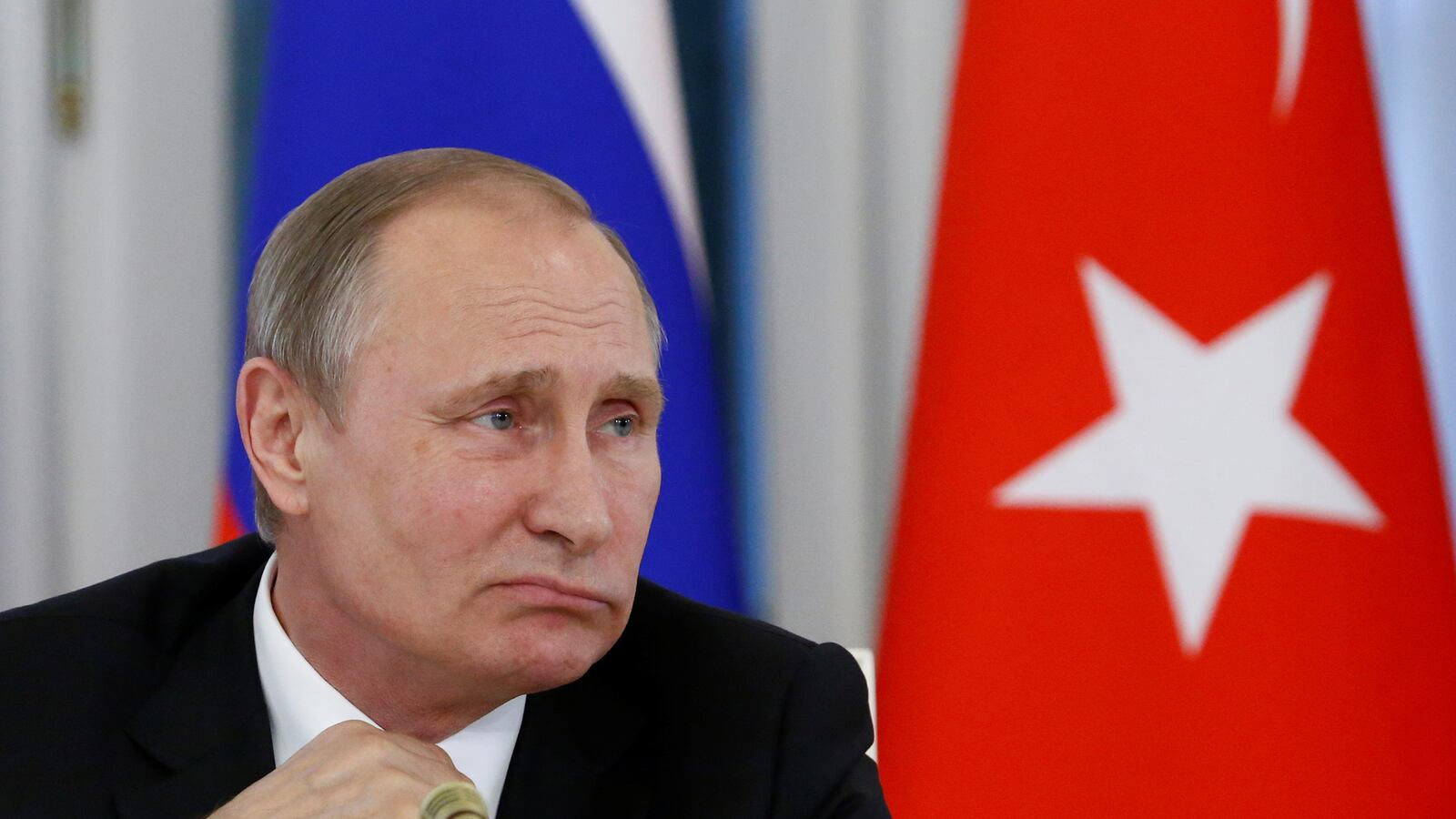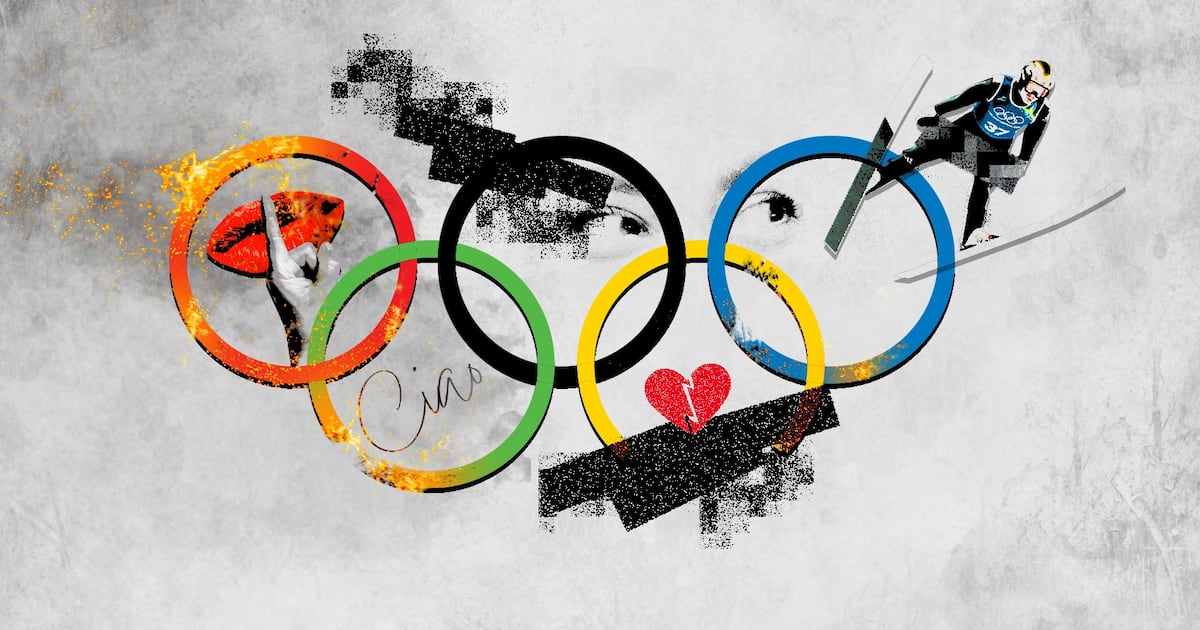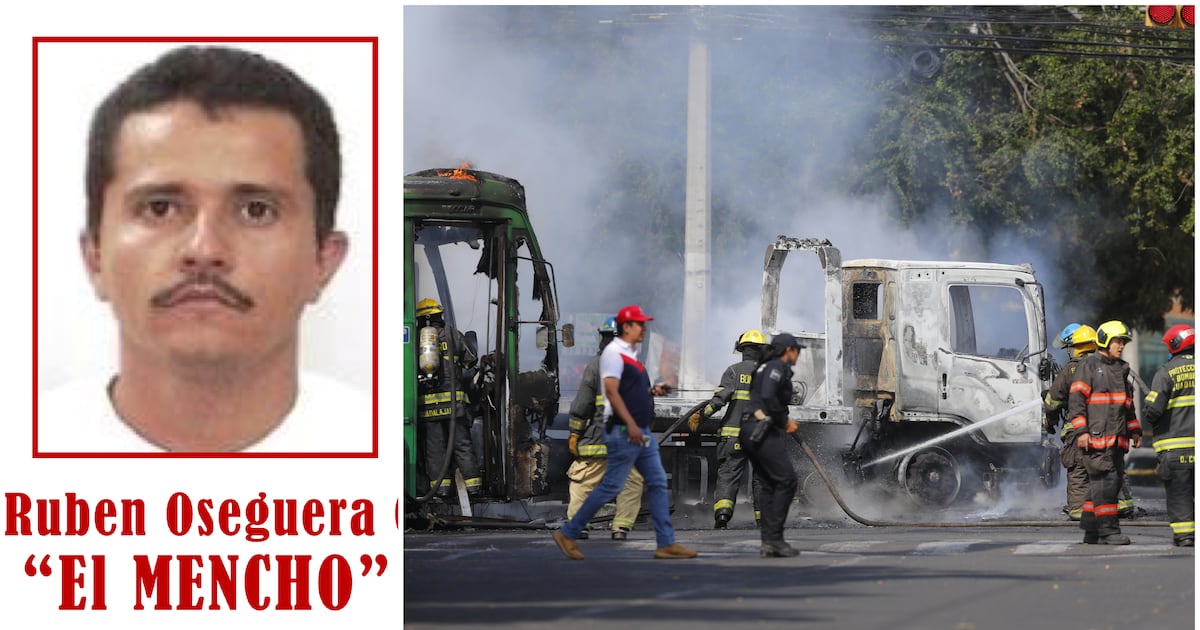MOSCOW — Many a Western visitor and not a few expats living in St. Petersburg in the 1990s shared stories about poisoned libations in the city’s watering holes. That gorgeous metropolis, renowned for the elegance of its 18th century architecture, had become Russia’s Wild West. Local bandits shot each other dead in the streets. And local residents who worked as translators and assistants for Western businessmen and journalists, myself included, often got emergency calls at odd hours from their foreign friends pleading for help.
“Somebody drugged me!” the foreigner would scream in the receiver—somebody like a hooker or just a drinking companion, and the victim felt as if he, or occasionally she, was about to die. Maybe the toxin was exotic, but most often the drug turned out to be ordinary eye drops dripped into the drink, rarely enough to kill a person, but certainly enough to knock you down and let a temptress or a thug pull a wallet out of your pocket.
So a sensational report about drugged U.S. diplomats published by the U.S. government funded Radio Free Europe/Radio Liberty on Monday has met with a certain irony, and even skepticism among veteran correspondents here.
According to the report, last year two mid-level U.S. officials visiting St. Petersburg for a conference were drugged in the bar of an upscale hotel, which was not named. The effect of the poison was so dramatic that one of the visitors was hospitalized, a U.S. government official told RFE/RL. When the victim was taken to an independent clinic, the power went out so no samples could be taken.
All this was part of pattern of harassment, the article noted, that included creepy poltergeist-like incidents where American diplomats would open the doors of their apartments to discover faucets inexplicably turned on, or a cigarette left burning, or human excrement on the floor.
Way back in 2013, when relations between Moscow and Washington were relatively civil, the State Department inspector general complained that U.S. employees in Russia were facing “intensified pressure by the Russian security services at a level not seen since the days of the Cold War.” But, then, Washington generally kept quiet. That the story is coming out now is just one more sign that relations are no longer civil at all. And this week the Cold War vituperation between Moscow and Washington sounded especially bad.
On Tuesday an official document released by Russia’s Ministry of Foreign Affairs suggested that Washington “had made a deal with devil” by backing some of the rebels fighting the Russian-backed Assad regime in Syria. And Russian experts on international relations were not surprised at all.
“Look, when the Americans bombed and killed dozens of Syrian army officers, that made Putin really mad,” said Igor Bunin, the founding director of the Center for Political Technologies.
Earlier, Washington announced it had lost all patience with Russia and would stop all negotiations with Moscow about the war in Syria. And Russian President Vladimir Putin, firing back, began this week throwing ultimatums at Washington.
Putin threatened to withdraw from the treaty that Russia had signed back in 2000 for the disposal of tons of plutonium, unless Washington canceled all economic sanctions against Russia, most of which were imposed after the annexation of Crimea, and compensated the Russians for the damage the sanctions caused. If the world wanted nuclear stability, Putin’s ultimatum suggested, Washington also had to cancel the Magnitsky Act, which had frozen the assets of a long list of Russian officials violating human rights.
In Belarus, often referred to as “the last dictatorship of Europe” and Russia’s closest ally, in 2012 President Alexander Lukashenko expelled the EU ambassador in Minsk in reaction to EU economic sanctions and recalled Belarus’s own envoy from Brussels. As far back as 2008 the tensions over human rights issues and economic sanctions between Washington and Minsk grew so bad that 11 U.S. diplomats had to leave the country. Everything Western, including McDonald’s, is considered suspicious by the Russian-backed Belarus police state.
But the real echo of the Cold War is not about harassment, repression, or annoyance, and much less Belarus—it’s about nukes.
Russia has thermonuclear weapons, and lots of them. Successive American administrations have tried to reach agreements that would pare down the old doomsday arsenals of both the old superpowers. And until this week Russia was committed to destroy 34 tons of plutonium in a reciprocal arrangment, according to the deal signed with the United States. Now, maybe not.
For the moment, dozens of American diplomats are still serving in Russia, and U.S. businesses are still making billion-dollar deals all across the country. Kremlin-backed Sputnik News was bragging in May that while politicians had tensions, American companies enjoyed great opportunities in Russia.
“Washington should look at the Kremlin’s Cold War reaction as you would look at a hooligan tugging a girl by her ponytail or writing a bad word on the window of your Mercedes,” former KGB officer and current opposition leader Gennady Gudkov told The Daily Beast. And because the reaction has been weak, “from now on the hooligan will treat Americans worse and worse.”






